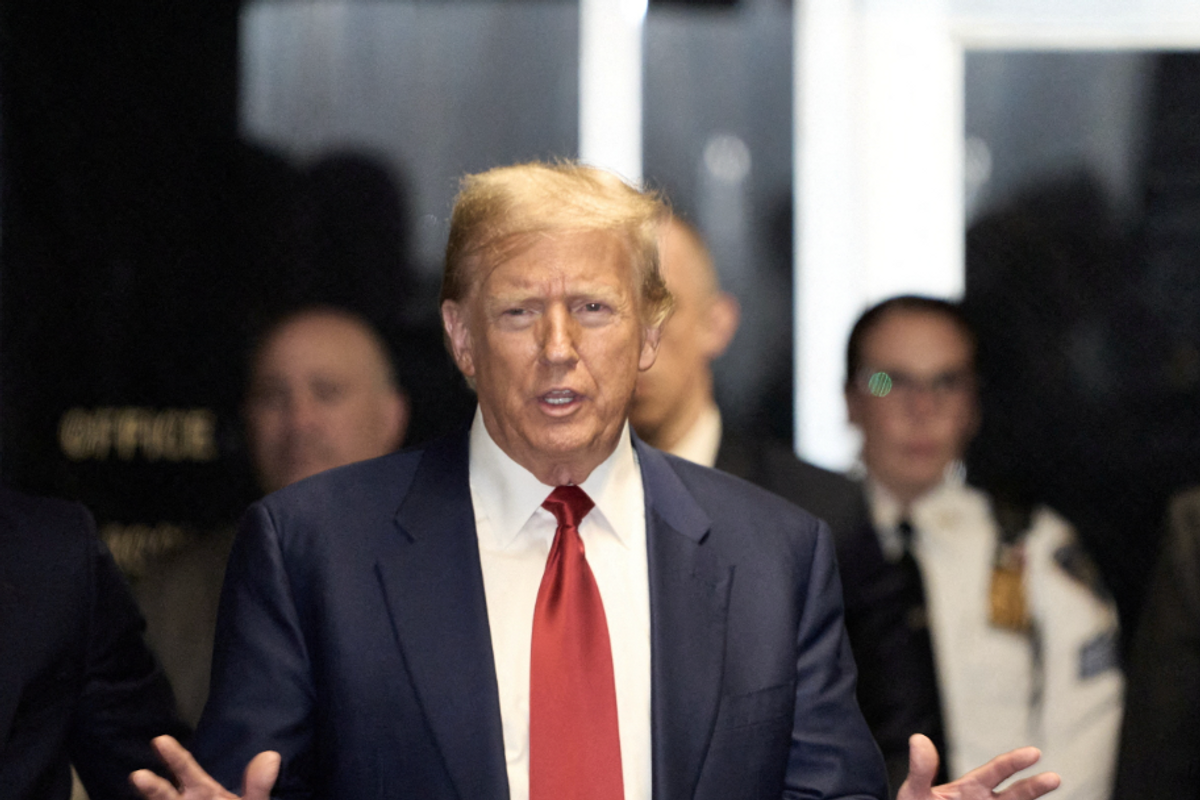
By David G. Savage, Tribune Washington Bureau
WASHINGTON — The Supreme Court is set to decide whether Texas can enforce its new photo ID law in time for this year’s midterm election.
The case reached the court Wednesday in an emergency appeal. Critics asked justices to block the rule, arguing it discriminates against minorities.
Last week, a federal judge decided that the rule could prevent as many as 600,000 registered voters from casting a ballot and that Texas lawmakers who approved the law intended to make it harder for blacks and Latinos to vote.
Texas Attorney General Greg Abbott, who is running for governor, quickly appealed. On Tuesday, the 5th Circuit Court in New Orleans lifted the judge’s order and said the photo ID law can be enforced in this year’s election for the first time.
It “is virtually unheard of,” civil rights advocates complained, to permit a state to enforce a new election law “in a case where purposeful racial discrimination has been found in a final judgment after a full trial.”
In their appeal Wednesday, they said the high court should allow Texas voters to present a variety of different forms of identification when they seek to cast a ballot.
Texas passed a strict photo ID law in 2011, but it was blocked initially by federal judges in Washington in accordance with the Voting Rights Act. These judges said the law would have a discriminatory effect on minorities.
But the Supreme Court struck down a key part of that law last year, allowing Southern states like Texas to make changes in their election rules without receiving federal preapproval. Texas moved to enforce the new rule in several primary elections earlier this year.
The November election would be the first test of the new Texas law in a federal general election. Early voting there is due to begin on Monday.
Last week, the high court, in a 6-3 decision, blocked Wisconsin from enforcing its new voter ID law in this year’s election.
The effect of voter ID laws has been much debated in recent years. Since most voters have a driver’s license or a U.S. passport, they are unaffected by the rule.
But in Texas and Wisconsin, federal judges found that hundreds of thousands of registered voters did not drive and did not have the kind of photo ID that would be required under the new laws. Moreover, they could only obtain a valid ID card after taking their birth certificate to a motor vehicles office, a process that may not be completed in time for the November election.
In Texas and Wisconsin, the judges who conducted a trial concluded the ID requirement would hit hardest among voters who were poor, elderly or racial minorities.
AFP Photo/Saul Loeb


